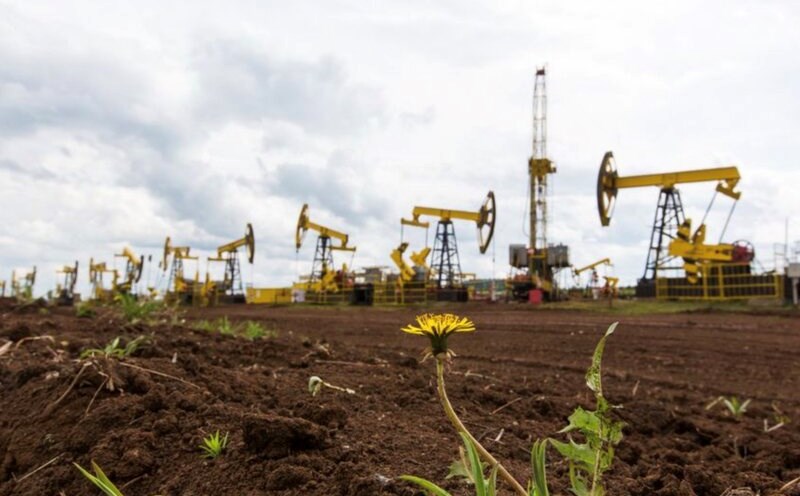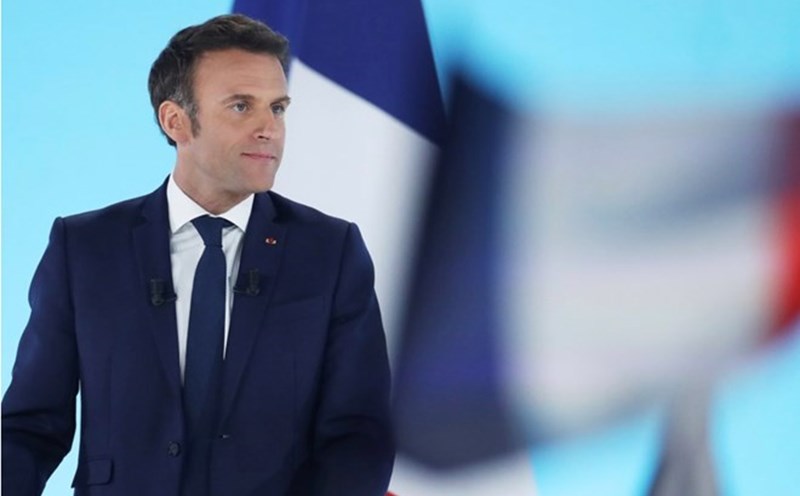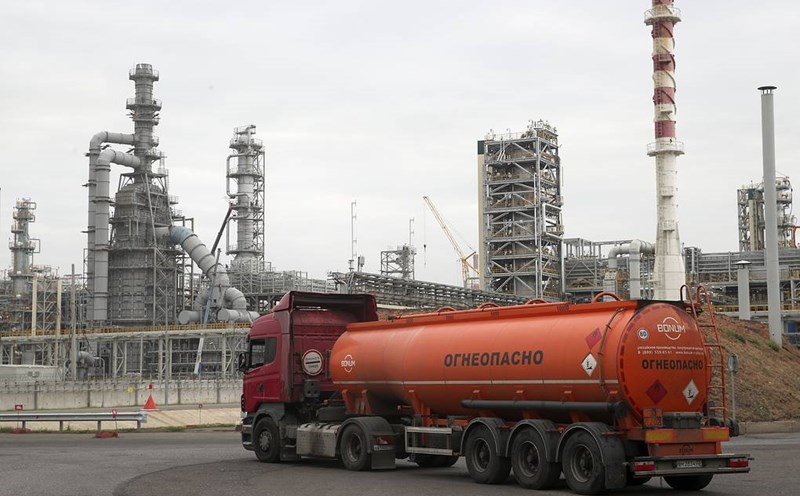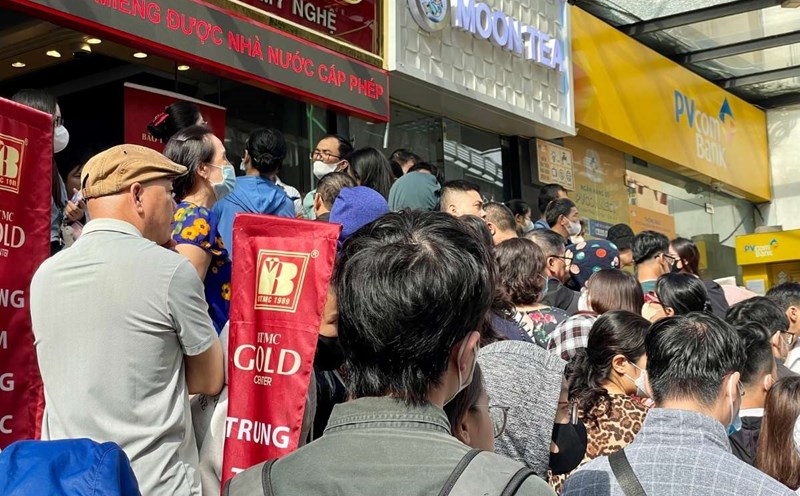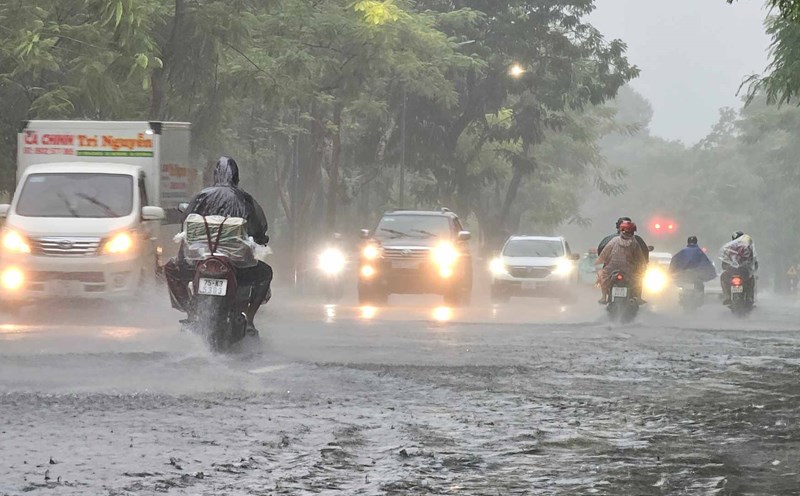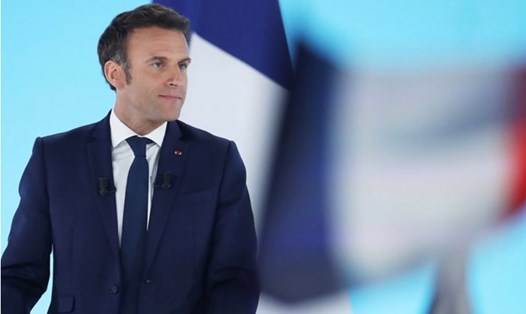On October 15, the UK government imposed a series of sanctions on Russia's two largest oil groups, Lukoil and Rosneft. He affirmed that these two companies are of strategic importance and their revenue is helping Russia maintain the conflict in Ukraine.
Under the new sanctions, all assets of Lukoil and Rosneft in the UK will be frozen. Their leaders will be banned from being director at UK companies. The two companies are also restricted in transportation and banned from accessing UK financial services and asset management.
British Finance Minister Rachel Reeves affirmed that the UK is not only directly sanctioning these two corporations, but also aiming to increase pressure on intermediaries. "We are increasing pressure on companies in third countries, such as India and China, because it has helped Russian oil reach global markets," she said.
In response, the Russian Embassy in the UK said the sanctions would be counterproductive by destabilizing the global energy market and pushing costs up for British businesses and consumers.
The new sanctions target a total of 51 ships, including 44 of the so-called "dark fleet", as well as individuals and entities in the energy and defense sectors. The "Dark fleet" is a network of used tankers used to circumvent sanctions against Russian oil.
The sanctions also target other parties that are believed to be helping Russia. Notably, China's Beihai LNG port was sanctioned for receiving gas from Russia's Arctic LNG 2 project, which has been embargoed, along with seven other LNG tankers. In addition, Nayara refinery in India, a facility owned by Russia, was also included in the sanctions list.
The UK sanctions are expected to create many difficulties for Russian oil transportation. With British transport and insurance companies now banned from participation, Russia will be forced to shift much of its oil trade to a "shadow fleet" - which uses services outside the West.
However, this is not an easy way out. Although the "shadow fleet" is huge in scale with more than 1,500 ships, their reliability is a problem. The fact that some ports in China and India have refused to accept these ships in the past is a testament to the risks and complexity of Russia's oil sales efforts.

